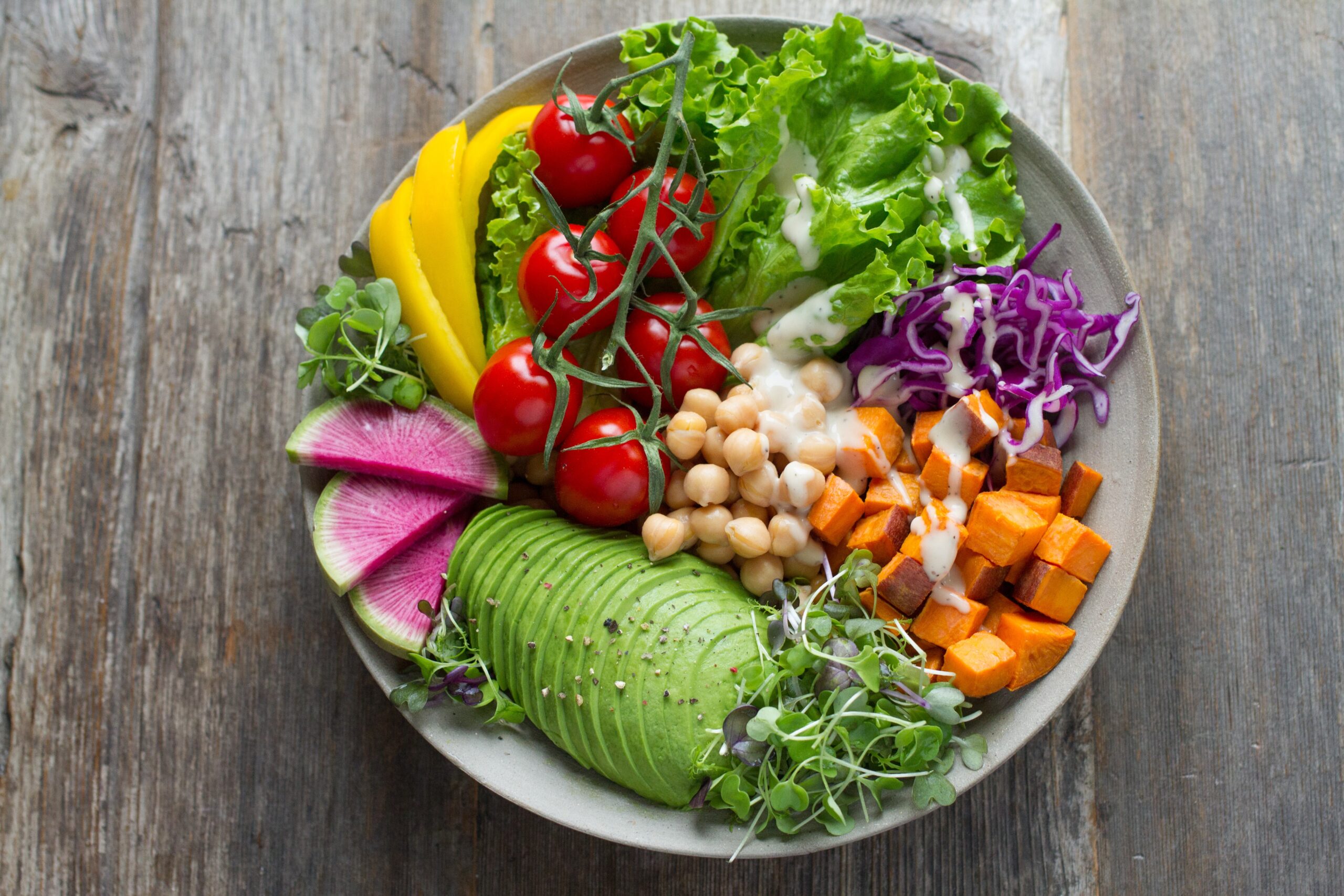
Your ideal diabetes diet should help you stay healthy and keep your blood sugar level under control while you try to lose that extra flab. Easier said than done, but it is completely doable if you stick to a flawless healthy vegan diabetic weight loss plan, like how realtor Uma Pai did.
The Bengaluru-based cancer survivor and a diabetic for 23 years followed a strict and innovative vegan diet for diabetes and weight loss that helped her shed four-and-a-half kilograms in less than two months.
“During Covid-19, I felt I had gained weight because I couldn’t exercise much. That’s when I switched to veganism under my doctor’s watchful eye. Since I take insulin, my dual goals were to follow a strict vegan diet for weight loss, yet prevent hypoglycaemia that could be highly debilitating,” says the lively septuagenarian who came down from 50 kilos to 45-and-a-half kgs. “Anything more would make me anaemic,” she adds.
Pai’s vegan diet begins with homegrown stevia and oats smoothie, poha (flattened rice) or red rice kanji (gruel) for breakfast. “I ensure my breakfast is heavy. I wash it down with soy milk since I need my share of protein. My lunch menu comprises of one wheat bran phulka (roti with one side cooked on tawa) with a vegetable salad and a fruit such as apple, guava, avocado or muskmelon. Not only was my diet good for my gut health, it was great for my immunity too,” she adds cheerily.
Vidya Bhat, head, training and placement, Shri MVITM, Udupi, who was diagnosed with diabetes two years ago couples her vegan diet with ample exercise and credits this mixed ‘formula’ for her weight loss from 67 kilos to 61.8 kilos in two months.
“From an idli-dosa breakfast, red rice and sambar lunch to a chapati dinner, and a 30-45 minute walk after dinner, I follow my plan to a T. I noticed that the post-dinner walk reduces my postprandial blood sugar dramatically,” she says.
What’s vegan?
A vegan diet is a plant-based diet, without animal products including milk, cheese, eggs and honey. An ideal vegan diet is rich in anything that comes from plants such as cereals, pulses, nuts, seeds, vegetables and fruits.
For diabetics, a balanced vegan diet may help manage blood sugar levels better.
According to Dr Ami Sanghvi a consultant diabetologist based in Mumbai, “A healthy vegan diet is high in unsaturated fats. Plant-based foods are also high in fibre, antioxidants, minerals and polyphenols. In fact, in 2018, the American Association of Clinical Endocrinologist and the American College of Endocrinology released their new guidelines suggesting that a ‘plant-based diet is the optimal nutrition plan for people with diabetes’ because it promotes well-being and allows people with diabetes to have better management.”
Dr Sanghvi’s list of a vegan diet benefits:
- Gets your HbA1c (average blood sugar) level under control
- Reduces inflammation and insulin resistance
- Lowers cholesterol and reduces risks of heart disease and stroke
- Helps lose weight
- Improves insulin sensitivity
- Lowers your blood pressure
- Eases metabolic syndrome
- Helps your body make good gut bacteria
- Improves nerve damage from diabetes (neuropathy)
Vegetarian diet for diabetics
While Dr Sanghvi is of the opinion that veganism is a nutritious way of eating, she says it requires careful planning to make sure you’re meeting all of the nutritional requirements. “Meals and snacks should also be balanced with carbohydrates, protein, and healthy fat. All of this can be done using exclusively plant-based foods, but it may be a bit challenging if one is new to the vegan diet,” she shares.
She points out that vegan diet and diabetes are linked to a greater risk of nutrient inadequacies, particularly vitamin B12, vitamin B6, niacin, iron, calcium, omega-3 fats, iodine and zinc which may have to be supplemented.
“Mix and match the protein sources especially from the plant sources to fulfil the need of each of the amino acids daily. A vegan diet is typically higher in carbs than an animal-based diet since plant-based diets generally have greater carbohydrate content. It’s possible to eat too many carbohydrates if you consume a lot of overly-processed vegan meals,” she says.
The ‘one size fits all’ theory does not apply to any diet, particularly one for diabetics, cautions Dr Praveen Gangadhara, consultant, Dr Mohan’s Diabetes Specialities Centre, Bengaluru. “You need to individualise the diet plan after an in-depth evaluation of the person’s co-morbidities, BMI (body mass index), the calories required and so on. In diabetics, managing carbs is important; the thumb rule is to keep your carbs at 50-55 percent or replace it with healthy fats or protein to sustain some kind of weight loss,” he explains, adding that it’s pertinent for diabetics to consider the diabetes drugs that they take because, sometimes those on insulin can gain weight, while other drugs can cause weight loss.
Vegan diet for diabetes
Before you embark on this restrictive diet, consult your treating doctor on the potential risks.
Dr Sanghvi shares some tips that may help lower your risk of developing complications from diabetes when on a vegan diet.
- Eat plenty of whole grains, vegetables, beans and fruits
- Exercise regularly
- Monitor blood sugar levels often by checking glucose at home or testing after eating certain foods/drinks that affect it most (eg high-carbohydrate food)
- Take medications as prescribed by your physician
- Quit smoking or excessive alcohol consumption

















